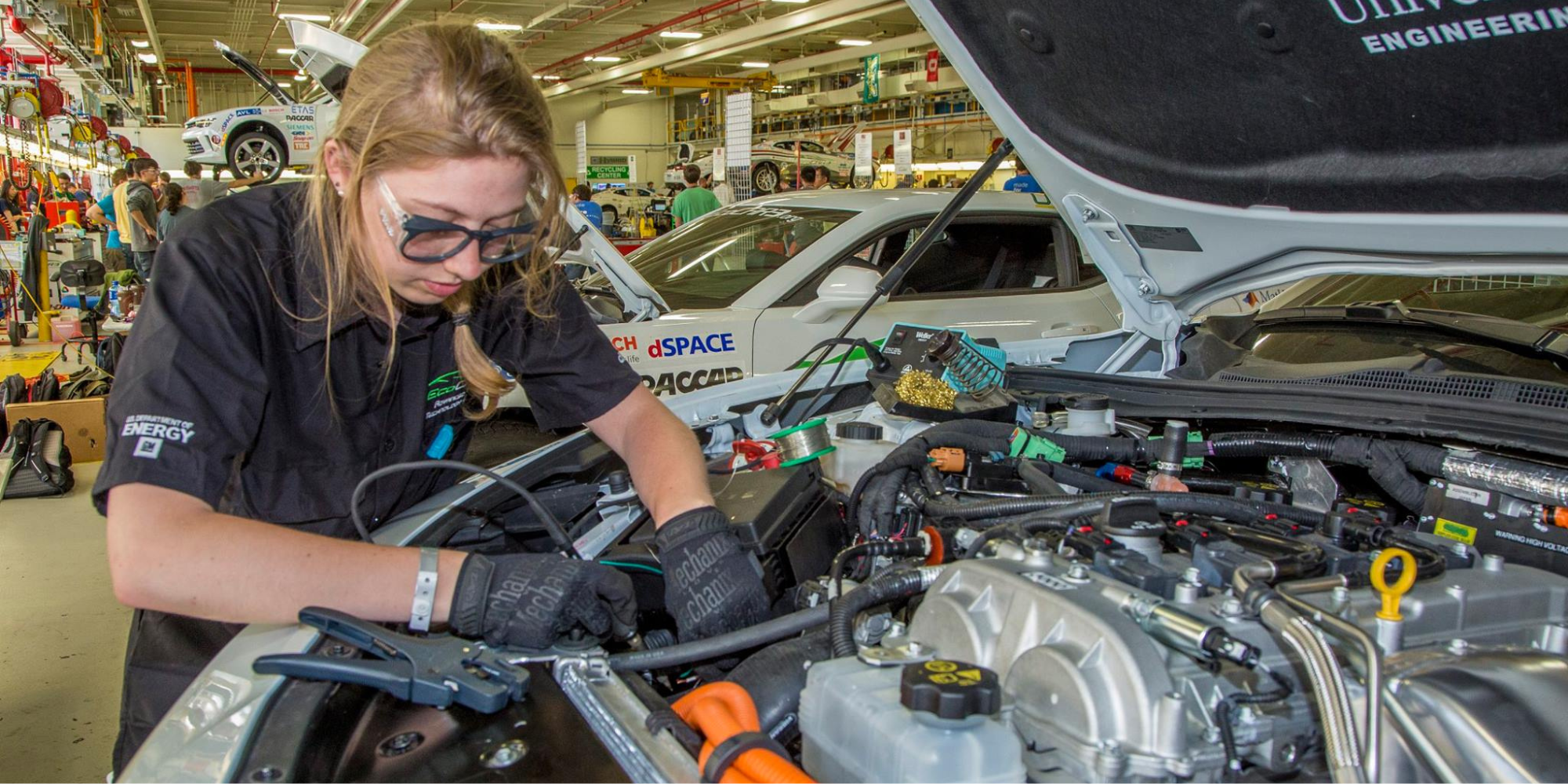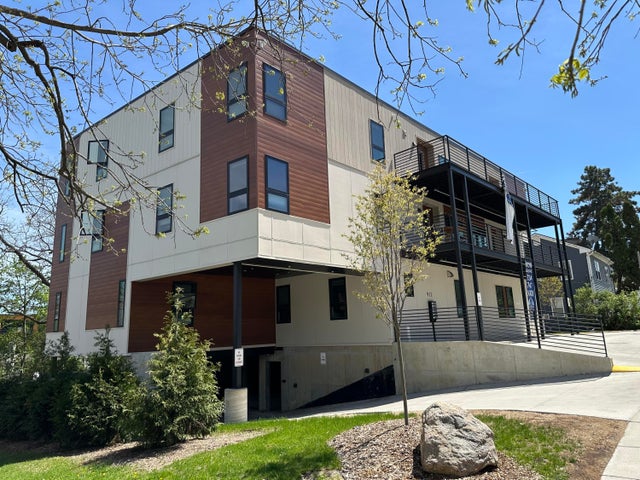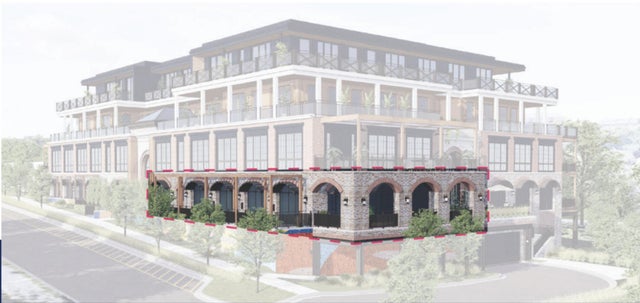General Motors is changing course in Orion Township, and it’s a twist few saw coming. The automaker is hitting the brakes on its original electric vehicle (EV) plan for the Orion Assembly Plant and instead revving up a $4 billion investment in gas-powered trucks and SUVs. In a community that’s been bracing for an all-EV future, this U-turn has Metro Detroit buzzing – in part with surprise, but also relief. Local officials and residents see the move as a pragmatic step to secure jobs and economic stability, even as the broader auto industry balances EV ambitions with market reality.
 General Motors, Facebook
General Motors, Facebook
Changing Lanes: From EVs to Gas at Orion Assembly
Not long ago, Orion Assembly (located in Orion Township, Oakland County, just north of Detroit) was slated to become one of GM’s key EV factories. Back in early 2022, GM announced a plan to spend $4 billion retooling the Orion plant to build new electric pickups on its Ultium platform. The Chevrolet Silverado EV and GMC Sierra EV were supposed to start rolling out of Orion by the middle of the decade. But those plans stalled. By 2023, facing slower-than-expected EV demand in the U.S., GM quietly pumped the brakes on the Orion EV timeline. Consumers weren’t buying electric trucks as fast as anticipated, and questions loomed about charging infrastructure and affordability.
Fast forward to June 2025, and GM officially reversed course. Instead of churning out EVs, Orion Assembly will begin building gas-powered full-size SUVs and light-duty pickup trucks in early 2027 to meet continued strong demand. In other words, Orion is getting back to its gasoline roots – at least for now. This makes Orion a notable case of an EV plan turned into a combustion comeback, reflecting the reality that American drivers still love their gas trucks and SUVs.
Why the Sudden Pivot?
Several factors drove GM’s Orion U-turn. Consumer demand for electric vehicles – especially big pickups – hasn’t grown as fast as hoped, which left GM reconsidering whether it needed two plants making EV trucks at the same time. “Everyone was concerned about the status of EVs in America, if the infrastructure can support them and if the consumer will buy in,” said Orion Township Supervisor Chris Barnett, reflecting on the community’s doubts. It turns out those doubts were warranted. High interest rates and cheaper gas prices have tempered some car buyers’ enthusiasm for EVs, and nationally the EV sales curve is leveling off.
Moreover, political and economic crosswinds have made planning an all-EV future trickier. Uncertainty around government emissions rules and EV incentives – plus new tariffs on imports – pressured companies like GM to adapt. (In fact, GM cited hefty tariff costs and announced new V8 engine investments in the U.S. alongside this plan.) Simply put, market reality intervened: gas trucks are selling strong right now, while the EV market, though growing, isn’t yet robust enough to justify dedicating Orion entirely to electric pickups. As Michigan State Senator Ruth Johnson noted, “Demand is just not there right now to support increasing production of electric vehicles to that level. The market will drive those decisions”.
.png) General Motors, Facebook
General Motors, Facebook
$4 Billion Investment Fuels Michigan Manufacturing
GM’s decision isn’t just a local story – it’s part of a massive $4 billion investment across three states aimed at boosting production of popular models. Michigan, of course, is a big winner. A chunk of that money will transform the Orion Assembly Plant for its new role building gas-powered Chevy and GMC trucks and SUVs. GM says this will help the company ramp up to making over 2 million vehicles per year in the U.S. once the upgrades are complete. It’s a bold bet that America’s love affair with pickups and SUVs will keep driving sales, even as EV offerings expand alongside.
In fact, Orion’s pivot is just one piece of GM’s larger strategy to balance its lineup between EVs and gasoline vehicles. The automaker is also upgrading its Fairfax Assembly plant in Kansas to build the Chevrolet Equinox SUV (a top-seller) in mid-2027, moving that model’s production from Mexico back to the U.S.. Similarly, in Spring Hill, Tennessee, GM will begin making the Chevrolet Blazer SUV domestically in 2027. By repatriating production of these high-demand models, GM can avoid tariff costs and keep its supply chain closer to home. At the same time, GM isn’t abandoning EVs – far from it. Factory ZERO in Detroit-Hamtramck (just a short drive from Orion Township) will continue as the company’s EV hub, cranking out the Silverado EV, Sierra EV, Cadillac Escalade IQ, and GMC Hummer EV pickups and SUVs for the electric market. In Spring Hill, the Cadillac Lyriq electric SUV will keep rolling down the line next to the new gas-powered Blazers.
What this all means is GM is doubling down on a “both/and” strategy: investing in gasoline vehicles that Americans are buying now, while still pushing forward on electric models where it makes sense. “We’re focused on giving customers choice and offering a broad range of vehicles they love,” GM CEO Mary Barra said of the announcement. That choice wouldn’t be possible without significant U.S. manufacturing muscle behind it. Mark Reuss, GM’s president, emphasized that the news “goes well beyond the investment numbers — this is about hardworking Americans making vehicles they are proud to build and that customers are proud to own”. In Metro Detroit and beyond, that is a sentiment folks can get behind.
Curious how Michigan’s economy is shifting this year? Explore our 2025 breakdown of job growth, industry trends, and what’s ahead for the state.
Hometown Reactions: Metro Detroit Leaders Cheer
On the ground in Metro Detroit, the response to GM’s Orion pivot has been largely optimistic and enthusiastic. For Orion Township and the surrounding Oakland County communities, this move signals security. “It’s the best news we could have ever received,” Orion Supervisor Chris Barnett said, clearly relieved that GM isn’t leaving the plant’s fate hanging on unproven EV demand. The new plan effectively cements the future of the Orion Assembly Plant for at least the next decade, Barnett noted – a decade in which the plant will be running busy rather than sitting idle. That means roughly 3,000 good auto jobs at the factory remain safe, and an estimated 10,000 supporting jobs in the region are also protected. Instead of worrying whether the EV transition might slow down work, families can feel more confident that paychecks will keep coming and the lights will stay on at Orion Assembly.
Local and state officials see a broader win here as well. Oakland County, home to Orion Township, thrives on the auto industry – so any major investment in a local plant is a jolt of energy for the economy. “I applaud GM for returning more production to the U.S. It’s a huge boon to Orion, Oakland County and really the whole state of Michigan,” said Sen. Ruth Johnson, who represents the area. Keeping and expanding manufacturing in Michigan reinforces the region’s cherished title as “the automotive capital of the world”. It’s not just pride on the line; it’s prosperity. More production at Orion means more business for local suppliers, contractors, and retailers – from the tool-and-die shops that service the plant, to the diners and daycare centers that serve auto worker families.
Love comeback stories? See how Detroit’s iconic Packard Plant is getting a second life—and what it means for the city in 2025.
.png) General Motors, Facebook
General Motors, Facebook
A Boost for the Community (and Housing Market)
Beyond the immediate job numbers, Metro Detroit’s real estate and local businesses are likely to feel a positive ripple effect from GM’s $4B commitment. When thousands of jobs are secured (and even more could be added in coming years), it tends to spark confidence in the community. Homebuyers may feel more comfortable putting down roots in Orion Township and nearby areas, knowing that GM’s presence – a major anchor of the local economy – is here to stay for the long haul. A Metro Detroit real estate expert noted that this kind of long-term investment “will bring thousands of jobs and big economic gains right here to Metro Detroit,” which can uplift everything from housing demand to small business growth. Indeed, stable employment and incoming investment often translate into rising home values and new development, as families move in and communities thrive.
Already, Orion Township officials have been working on infrastructure improvements and community amenities, anticipating growth tied to the plant’s future. Now that GM’s plans are set, those efforts can continue with confidence. In a region that has seen its share of auto industry ups and downs, this moment feels like a win – a validation that building cars and trucks in Michigan is not just the past, but the future (even if those trucks happen to guzzle gas for a few more years). As Barnett put it, GM is “bringing two of the more popular and revenue-producing platforms to Orion” – exactly what local leaders wanted to hear.
EV Dreams Deferred, Not Defeated
It’s worth noting that GM’s pivot at Orion doesn’t mean the automaker has given up on electric vehicles – or that Metro Detroit will play any less of a role in the EV era. Instead, industry analysts see it as a “slow down to speed up” approach. By focusing on profitable gasoline models now, companies like GM can bankroll their expensive EV programs and build them out more gradually. It’s a balancing act between the hype of tomorrow and the sales of today. GM’s own sales figures show why this balance is crucial: the company has been the U.S. leader in full-size truck and SUV sales for years, while also becoming the #2 seller of EVs more recently. The message? You can’t abandon the cash cows (big trucks) even as you nurture the new calves (EVs).
Want a peek at Detroit’s biggest upgrades? Don’t miss our 2025 guide to the top projects reshaping the Motor City.
From a local perspective, Metro Detroit remains on the front lines of both trends. Detroit-Hamtramck’s Factory ZERO is building cutting-edge electric Hummers and Cadillacs, showcasing the region’s high-tech manufacturing prowess. At the same time, Orion Assembly and other plants will keep cranking out the combustion-engine Chevys and GMCs that keep America’s driveways filled. The two tracks are running in parallel, and Southeast Michigan is unique in having a foot firmly in each.
For now, GM’s Orion Assembly plant pivoting to gas vehicles is a reminder that even as we charge toward an electric future, the road will have a few detours. Today’s reality in Orion Township is that the rumble of V8s and the hum of machinery mean security and prosperity for the community. And if you ask folks around Metro Detroit, that’s something to celebrate. EVs may be the future, but gas-powered trucks are the here and now – and in true Detroit fashion, GM is doing what it takes to build both and keep the region’s economy motoring along.
DON'T KEEP US A SECRET - SHARE WITH A FRIEND OR ON SOCIAL MEDIA!
THINKING OF MOVING TO Metro Detroit, OR LOOKING TO RELOCATE IN THE AREA? VIEW A LIST OF CURRENT HOMES FOR SALE BELOW.
Metro Detroit Homes for Sale
The Perna Team and Michael Perna are the best real estate agents in Metro Detroit and Ann Arbor. The Perna Team and Michael Perna have been hired as a real estate agent by hundreds of home owners to sell their homes in Metro Detroit and Ann Arbor.


















































